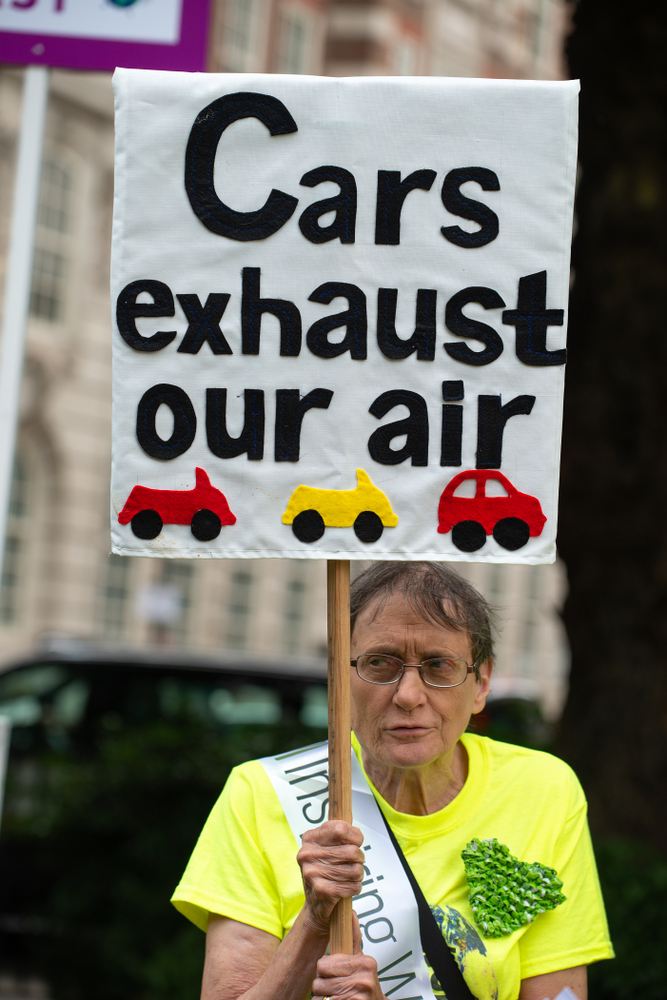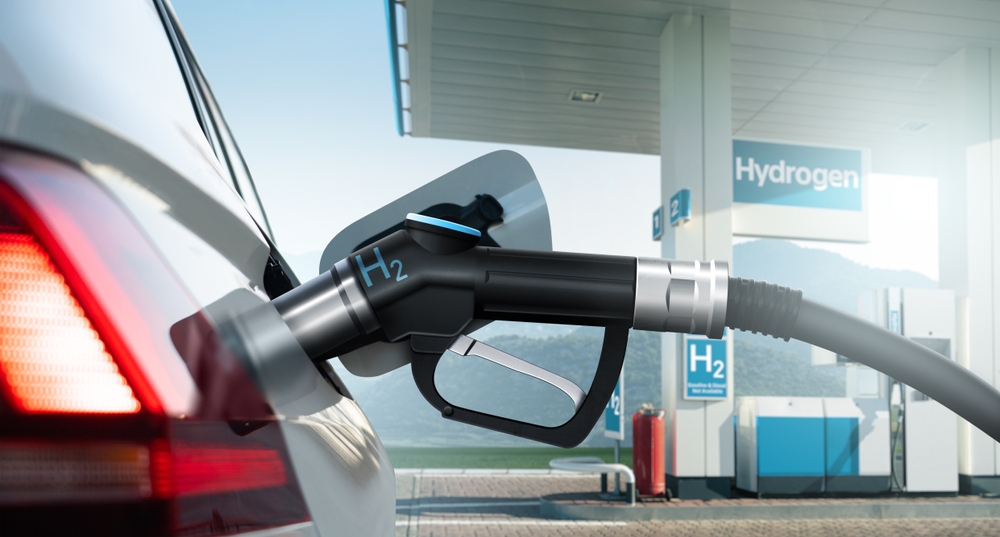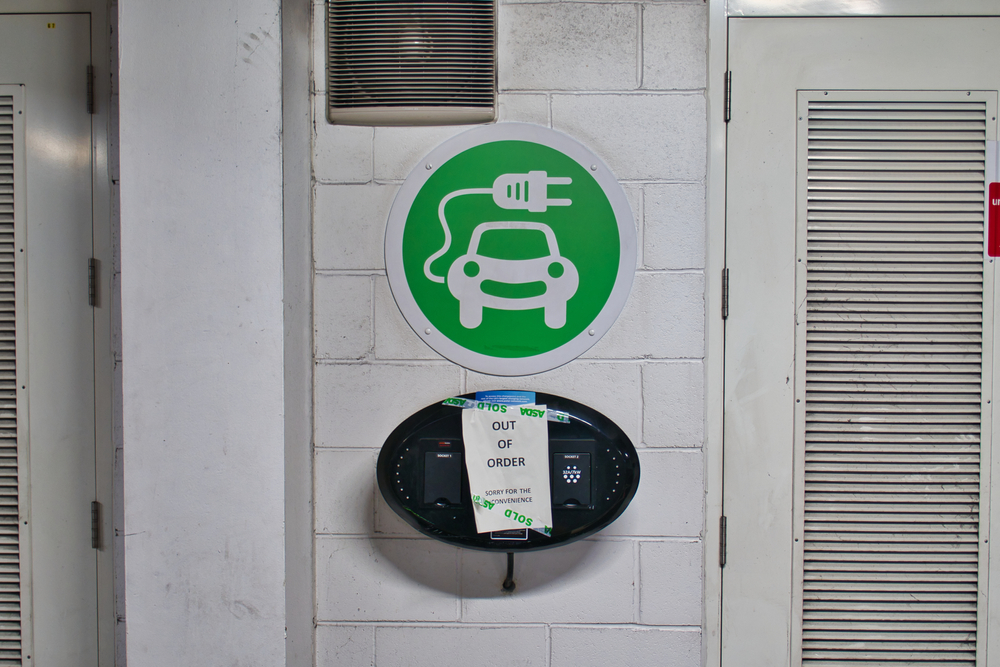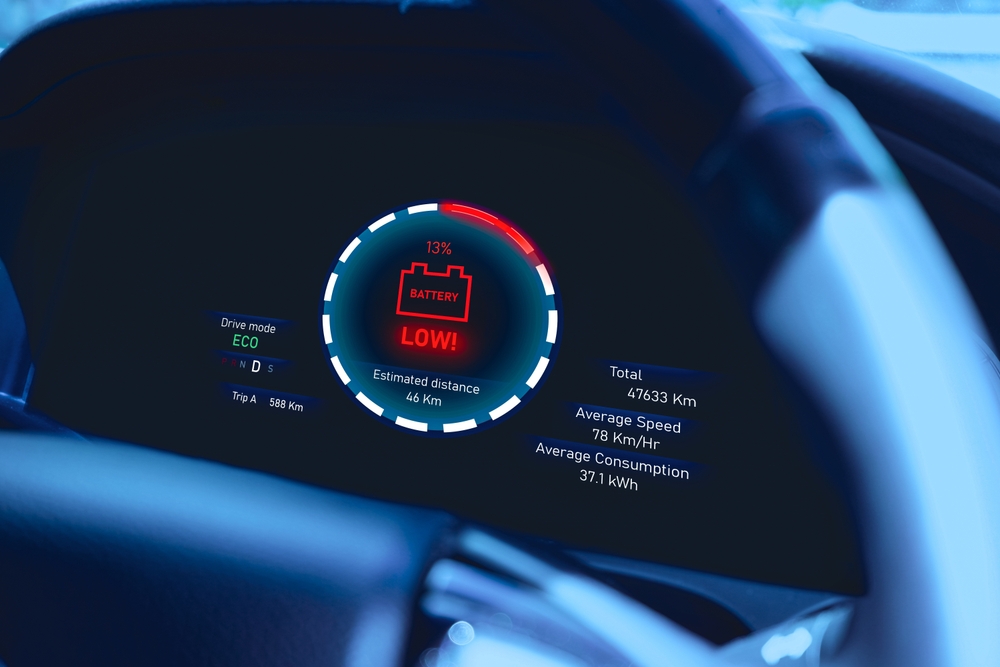This article delves into the intricate and often controversial tactics that have been attributed to the oil industry in its purported efforts to stifle the growth of electric vehicles (EVs). From lobbying against pro-EV legislation to funding misinformation campaigns, this article explores the various strategies that have been employed to maintain the dominance of gasoline-powered transportation. These tactics highlight the intricate power play between evolving environmental consciousness and established energy interests, offering a glimpse into the complex dynamics that have influenced the automotive industry’s shift towards sustainable mobility.
Contents
Lobbying Against Pro-EV Legislation

Big Oil companies have historically used their influence to lobby against legislation that favors electric vehicles (EVs). They’ve invested in lobbying efforts to prevent or delay the implementation of policies that would encourage the adoption of EVs, such as tax incentives for electric car buyers and stricter emissions standards for gasoline vehicles.
Funding Misinformation Campaigns

Some oil companies have been accused of funding misinformation campaigns to cast doubt on the viability and environmental benefits of electric vehicles. These campaigns often emphasize the limitations of EVs, such as range anxiety and battery life, while downplaying their advancements and potential environmental benefits.
Undermining Public Transportation Initiatives

Big Oil has also lobbied against public transportation initiatives, which can significantly reduce the dependency on gasoline-powered vehicles. By opposing funding for public transit projects, they aim to keep consumers reliant on personal vehicles that require gasoline or diesel.
Discrediting Electric Vehicle Technology

There have been instances where oil companies allegedly played a role in discrediting EV technology by highlighting early technological challenges and limitations. This includes emphasizing the shortcomings of early EV models in terms of performance and convenience compared to traditional gasoline vehicles.
Influencing Car Manufacturers

The oil industry has historically had strong ties with traditional car manufacturers. These relationships have sometimes resulted in joint efforts to slow down the production and marketing of electric vehicles, as the widespread adoption of EVs represents a direct threat to the oil industry’s market share.
Investing in Competitive Technologies

To divert attention from EVs, some oil companies have invested heavily in alternative technologies like hydrogen fuel cells. While hydrogen is a potential clean energy source, its infrastructure is far less developed compared to electric charging stations, making it a less immediate threat to oil-based transportation.
Pushing for Prolonged Fossil Fuel Use

Oil companies have advocated for the prolonged use of fossil fuels by promoting “cleaner” fossil fuel technology, such as natural gas vehicles. This is seen as a way to maintain the status quo of fuel consumption, delaying the transition to fully electric vehicles.
Control Over Charging Infrastructure

In some cases, oil companies have bought into EV charging companies or collaborated with them. This move can be seen as a way to control the growth and accessibility of EV charging infrastructure, potentially limiting the convenience of owning an EV.
Supporting Anti-EV Political Candidates

Financial contributions to political candidates who are against EV-friendly policies have been a tactic used by some oil companies. By supporting these candidates, they aim to ensure that policies continue to favor gasoline vehicles and the oil industry at large.
Propagating Range Anxiety

The concept of range anxiety has been a significant point of discussion, often emphasized by those with interests in the oil industry. By magnifying concerns about the driving range of EVs and the availability of charging stations, these groups have created a perception of impracticality around electric vehicles, despite advancements in technology that have significantly increased their range and usability.
This article originally appeared on MyCarMakesNoise.
More from MyCarMakesNoise
21 Cars Built to Last Beyond 250,000 Miles

Choosing a car that offers both reliability and longevity is crucial for many drivers. They seek vehicles that not only fulfill daily requirements but also have the ability to surpass significant mileage milestones with minimal complications. Read More.
21 Affordable Vehicles Ready to Conquer Any Terrain

Embarking on off-road adventures doesn’t have to come with a hefty price tag. Whether you’re a seasoned trailblazer or a weekend warrior, plenty of affordable vehicles can tackle rough terrain with ease. Read More.
13 Best GM Trucks Ever Built

General Motors (GM) trucks are renowned for their powerful performance and unwavering reliability, consistently standing out with rugged durability and innovative design. Whether you’re a collector, an adventurer, or in need of a dependable work vehicle, GM’s lineup includes some of the most iconic trucks that meet a diverse array of needs. Read More.














